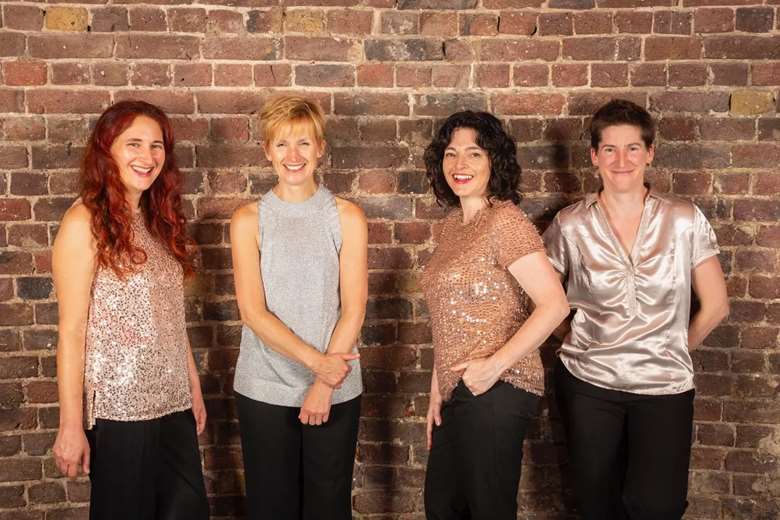London International Festival of Early Music keeps collaboration at its core
Adrian Horsewood
Tuesday, October 25, 2022
Adrian Horsewood talks to festival director Chris Butler about what audiences can expect from this year's festival with a focus on a premiere of Early Transitions, a new commission from Nitin Sawhney


Register now to continue reading
Don’t miss out on our dedicated coverage of the classical music world. Register today to enjoy the following benefits:
- Unlimited access to news pages
- Free weekly email newsletter
- Free access to two subscriber-only articles per month